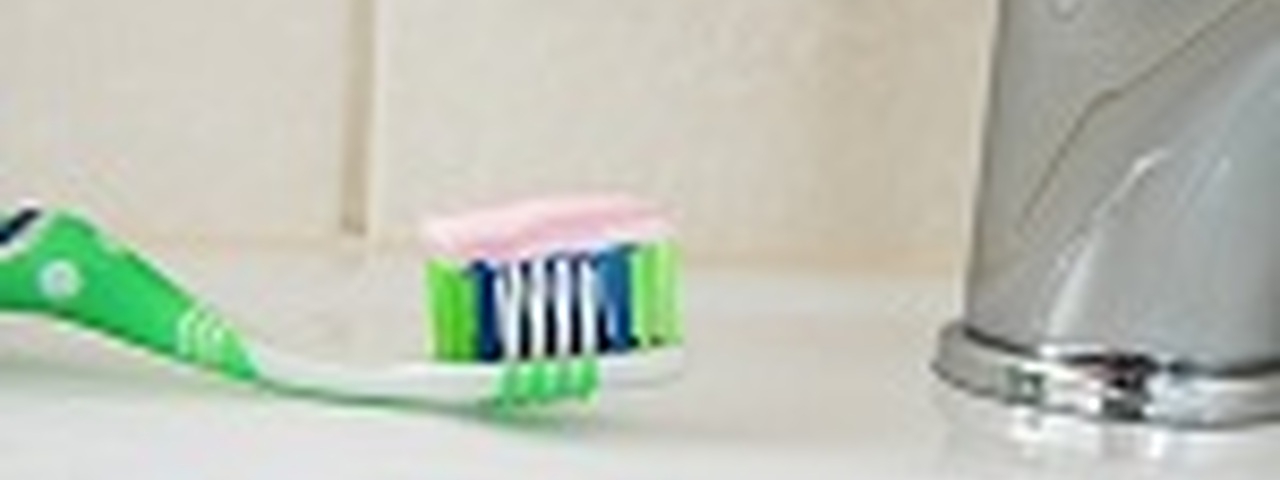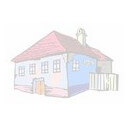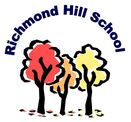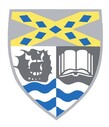Wash your hands. Brush your teeth. Did you use soap? Just as you teach your child the steps to ride a bike or play a game, it is important for you to teach your child proper hygiene habits.
“Wash your hands. Brush your teeth. Did you use soap?” These are just a few of the phrases preschool parents repeat like a broken record. It's a fact: children and germs go hand in hand. Each day parents watch their children play in the sand at the park, stick fingers in their noses and mouths, pick up slimy creatures, and reach eagerly for food that's fallen on the ground.
Getting preschoolers to take over the brushing, scrubbing and rinsing themselves is an important step in the development of a preschooler's independence. Not only does it give parents a welcome break and help ditch the dirt in the short term, but teaching basic hygiene concepts to children at a young age will form the groundwork of a healthy lifestyle in the future.
Proper Hygiene
Just as you teach your child the steps to ride a bike or play a game, it's important for you to teach your child proper hygiene habits. Personal hygiene can include such skills as how to properly wash hands, take a bath, brush teeth and hair, and follow proper toilet training skills. “The most common health issues that come up is from preschoolers playing with unsanitary things and then touching their mouths and other kids before washing hands," says pediatrician Carol-Lynn Barsky. "At this age, it is primarily hand washing that will keep them healthy.”
Get in the Habit
Help train your child to get in the habit of washing his hands after certain activities such as using the bathroom, playing at the park, and being at a friend’s house. Keep a regular schedule for taking baths and help your child brush teeth and hair in the morning and before bedtime everyday. If your child gets in the habit of regular hand washing, brushing teeth, and bathing, it will become more natural and reminders from parents will be less necessary. One of the most effective ways to teach consistency in good hygiene is to set a good example as a parent by washing your hands, and brushing your teeth and hair in front of your child regularly.
What about Germs?
It's important to gently explain the idea of germs to your child, without scaring him. You want your child to feel free to make mud pies and pick up insects, without the fear of germs. “I teach the children that not all germs are bad, but that some germs can make us sick," says preschool teacher Shannon Johst. "I talk to them about how fast germs can spread, and that washing hands will keep them safe.” The key is to focus on what your child can do for his body to stay healthy rather than focusing solely on germs.
Make Teaching Hygiene Fun
Learning to take care of his body should be fun for your child and not a chore. Here are some ideas to be creative:
- Pretend to be a “germ detective” and use a magnifying glass to examine your child’s hands and teeth. Give him a “secret mission” to wash his hands or brush his teeth.
- Give your child a "buddy" to wash while he washes his hands, such as a rubber ducky, plastic figure or toy car. Ask if his buddy used soap, rather than asking your child about his own hands.
- Let your child pick out a special soap and toothpaste at the store that he'll use to wash his hands and body and to brush his teeth. There are many "cool" soaps out there, such as soaps in the shapes of animals and scented foam soaps. When your child is involved in the selection of products to use, he will feel that he has ownership of the hygiene process.
- Use a “puppet helper.” Have your child choose a puppet that will be a washing buddy in the bath or remind him to wash hands when he gets home. Talk in a funny voice with the puppet to differentiate the puppet from the parent. Being "helped" by a puppet and being nagged by a parent will get different results from your child.
- Keep a laminated “body check” chart in the bathroom to have your child check off what parts of the body he has taken care of that day; teeth, hair, arms, legs, hands.
- Teach your child how to bathe different body parts by using a favorite doll as an example in the bathtub.
Establishing good hygiene habits with your preschooler is the best defense against the germs that live everywhere in your child’s environment. Enjoy being creative with your child and setting good examples, and you'll be left with a clean, happy and healthy child!
Source: Education.com
 AnnuaireDesEcoles.eu
[France]
AnnuaireDesEcoles.eu
[France]
 DirectórioEscolas.eu
[Portugal]
DirectórioEscolas.eu
[Portugal]
 ElencoScuole.eu
[Italy]
ElencoScuole.eu
[Italy]
 IskolákListája.eu
[Hungary]
IskolákListája.eu
[Hungary]
 LijstScholen.eu
[Netherlands]
LijstScholen.eu
[Netherlands]
 SeznamŠkol.eu
[Czech Rep.]
SeznamŠkol.eu
[Czech Rep.]
 Scholen-BE.eu
[Belgium]
Scholen-BE.eu
[Belgium]
 Schools-UK.eu
[United Kingdom]
Schools-UK.eu
[United Kingdom]
 SchulenSchweiz.ch
[Schweiz]
SchulenSchweiz.ch
[Schweiz]
 SchulListe.eu
[Germany]
SchulListe.eu
[Germany]
 SchulVerzeichnis.eu
[Austria]
SchulVerzeichnis.eu
[Austria]
 SkoleListe.eu
[Denmark]
SkoleListe.eu
[Denmark]
 SkolListan.eu
[Sweden]
SkolListan.eu
[Sweden]
 SpisSzkół.eu
[Poland]
SpisSzkół.eu
[Poland]
 ZoznamŠkôl.eu
[Slovakia]
ZoznamŠkôl.eu
[Slovakia]





















